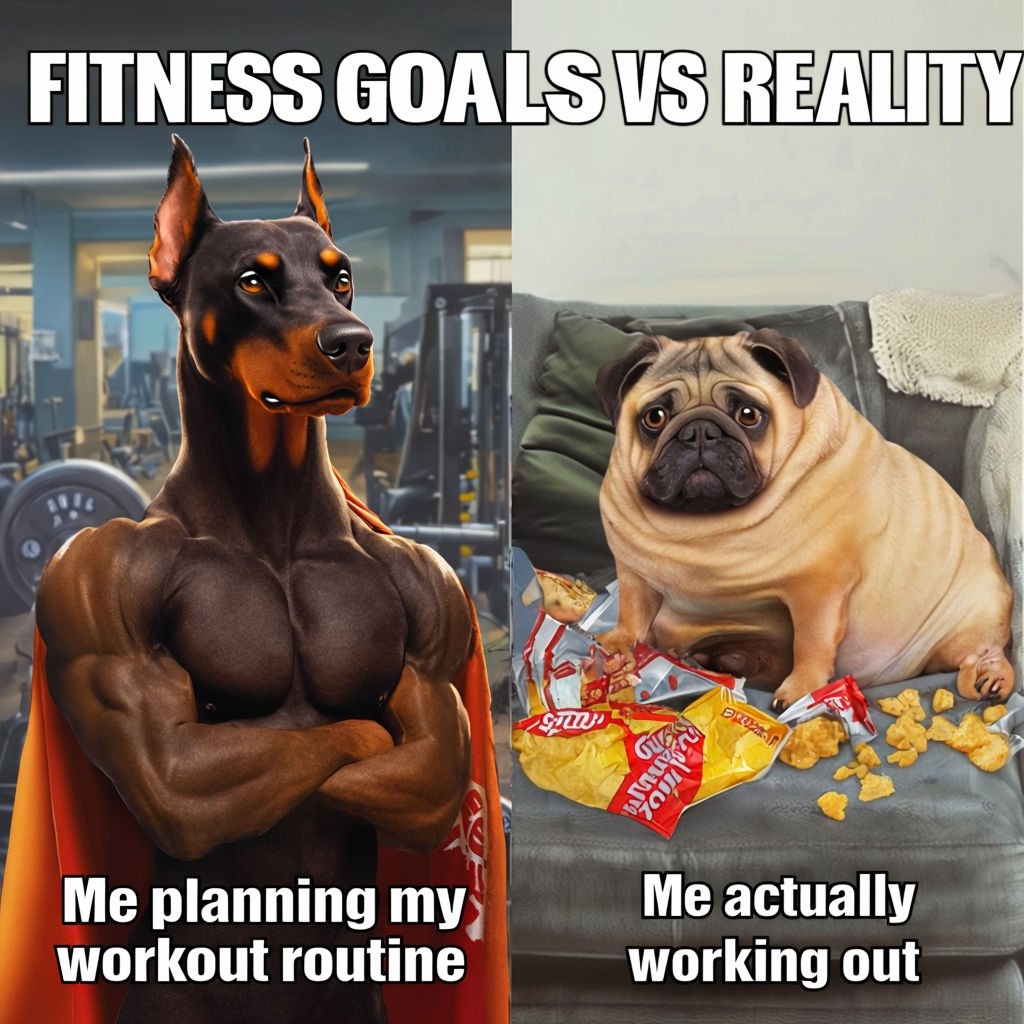Which of These Is Not a Short-Term Fitness Goal?
Which of These Is Not a Short-Term Fitness Goal?
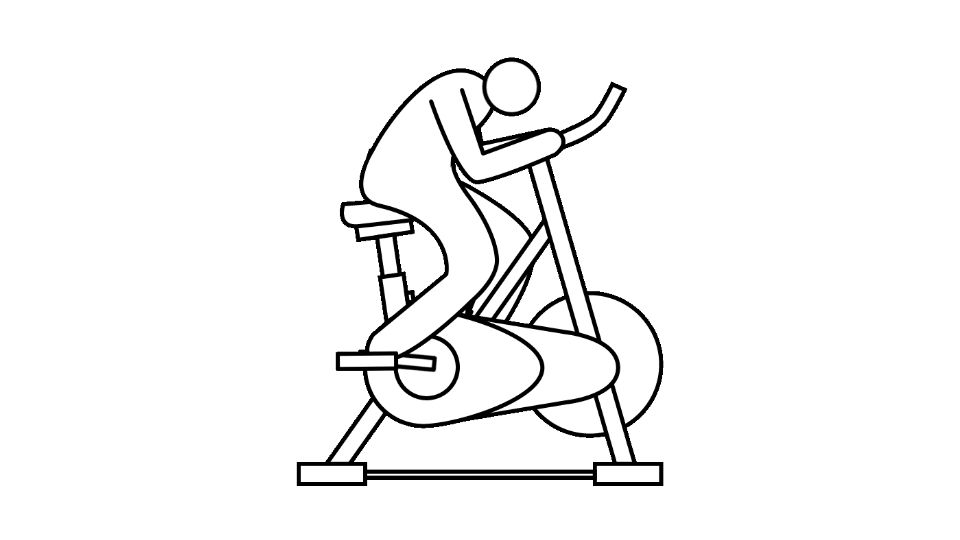
Short-term fitness goals are like quick wins that you can achieve in a few weeks to 3 months. Think “do 10 push-ups every morning” or “go for a 30-minute walk 3 times per week.” They’re specific, doable, and give you that sweet hit of accomplishment without waiting forever.
But what makes a goal “short-term” versus something else? And more importantly – which goals don’t fit the short-term category?
Let’s break it down so you can set better fitness goals and actually achieve them!
Which Fitness Goals Are Short-Term (And Which Aren’t)
Short-Term vs. Long-Term: Know The Difference
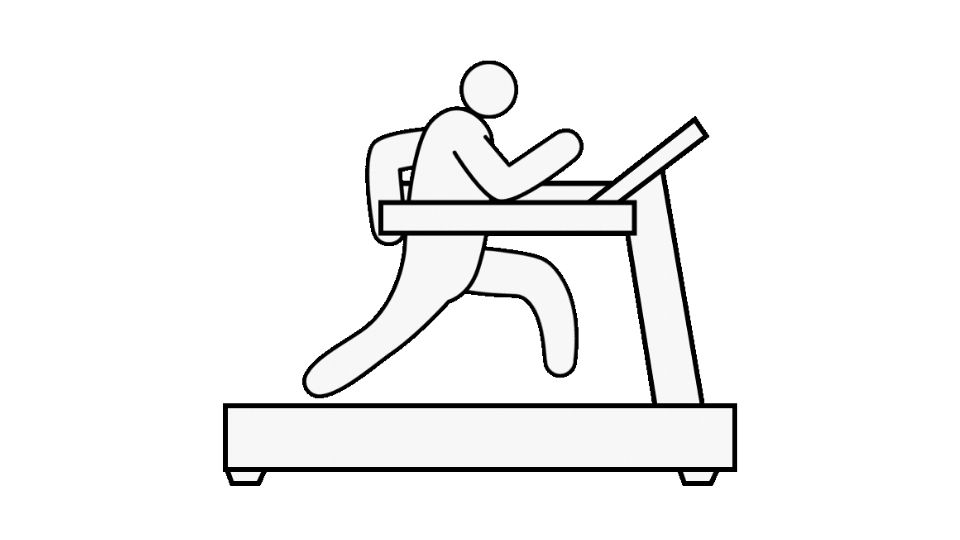
Short-term fitness goals are specific, measurable, and achievable within weeks or a few months. These are your “quick wins” that build momentum and keep you motivated.
Examples of solid short-term goals:
- Walking 10,000 steps daily for the next month
- Increasing your squat weight by 15% in 8 weeks
- Stretching for 10 minutes every morning for 30 days
- Completing a 4-week beginner strength program
Long-term fitness goals, on the other hand, take 6+ months to achieve and often require building up through several short-term goals first.
Long-term examples:
- Running a marathon
- Losing 50 pounds
- Doing 20 consecutive pull-ups
- Mastering advanced yoga poses
See the difference? The first group gives you victories within weeks, while the second group requires months or even years of consistent work.
Which Is Not A Short-Term Fitness Goal?
If you’re looking at a list of potential fitness goals, here’s how to spot the one that doesn’t belong in the “short-term” category:
A goal that’s NOT short-term will typically:
- Require many months or years to achieve
- Be too vague or unmeasurable (“get in shape”)
- Involve significant physical adaptations that simply take longer
- Represent a major accomplishment that needs progressive training
For example, if you see these options:
- Do 3 HIIT workouts weekly for 8 weeks
- Increase flexibility by touching toes within 30 days
- Run a marathon in 6 months
- Track protein intake for 4 weeks
The marathon in 6 months is clearly not a short-term goal. Even experienced runners typically need 16+ weeks of dedicated training for a marathon, and beginners need much longer. This is a classic long-term goal that should be broken down into several short-term milestones.
Another non-example would be “lose 30 pounds in 2 months” – not because of the time frame, but because it’s typically unsafe and unrealistic for most people to lose weight that quickly. Research shows that sustainable weight loss happens at 1-2 pounds per week for most people.
Why Setting The Right Type Of Goal Matters
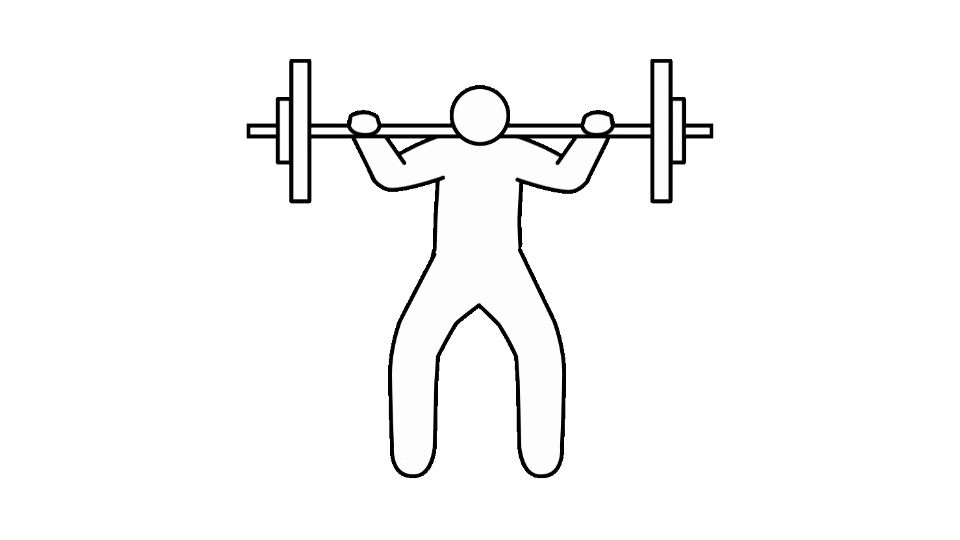
Using the right time frame for your goals isn’t just semantics – it actually impacts your success rate!
Short-term goals are motivation engines. They give you:
- Quick victories to celebrate
- Clear feedback on what’s working
- Momentum to tackle bigger challenges
- A chance to adjust your approach frequently
According to fitness psychology research, people who set appropriate short-term goals alongside their long-term ambitions have significantly higher adherence rates to their fitness programs.
Think of short-term goals as the stepping stones that get you across the river to your ultimate destination. Each one gets you a little closer while keeping you from falling in!
How To Set Killer Short-Term Fitness Goals
Want to create short-term goals that actually work? Follow these principles:
-
Be ridiculously specific – “Exercise more” isn’t a goal. “Complete 12 strength workouts in the next 30 days” is.
-
Make it measurable – You should know exactly when you’ve hit your goal. Numbers are your friends here!
-
Keep the time frame tight – 2-12 weeks is the sweet spot for most short-term fitness goals.
-
Focus on behaviors, not just outcomes – “Do yoga 3x weekly for a month” beats “become more flexible” because you control the behavior.
-
Track your progress – Use a fitness app, journal, or specialized tracking tools to monitor your journey.
The best part about short-term goals? When you achieve one, you can immediately set another, creating an upward spiral of fitness progress!
Setting Yourself Up For Success
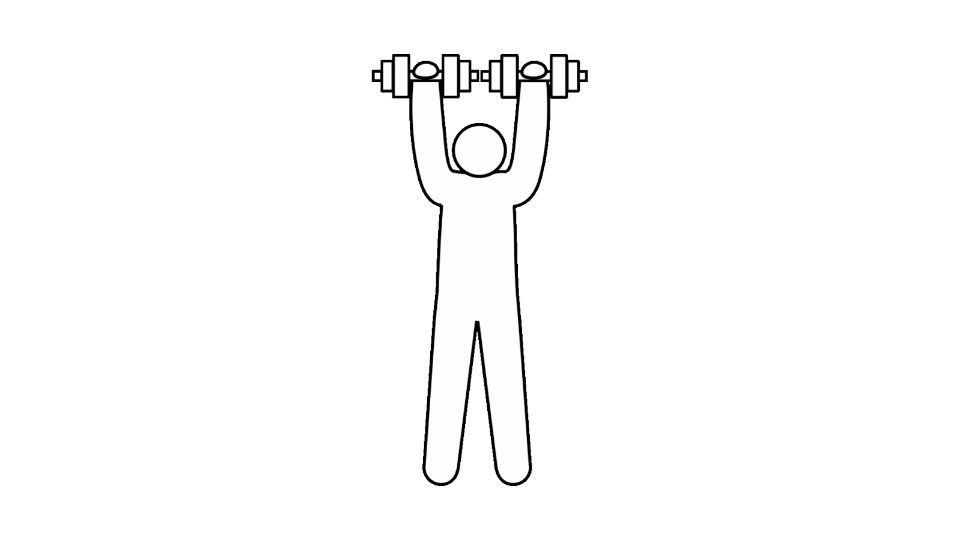
Remember that nutrition plays a huge role in reaching your fitness goals – whether short or long-term. While exercise is important, what you eat ultimately determines a lot of your results.
Many people find success by tracking their nutrition alongside their workouts. Some research suggests that people who track their food intake are more likely to reach their health and fitness goals.
For a simple approach to nutrition tracking that works with both short and long-term goals, tools like meal tracking apps can be game-changers. They help you stay aware of what you’re eating without turning it into a full-time job.
In Summary
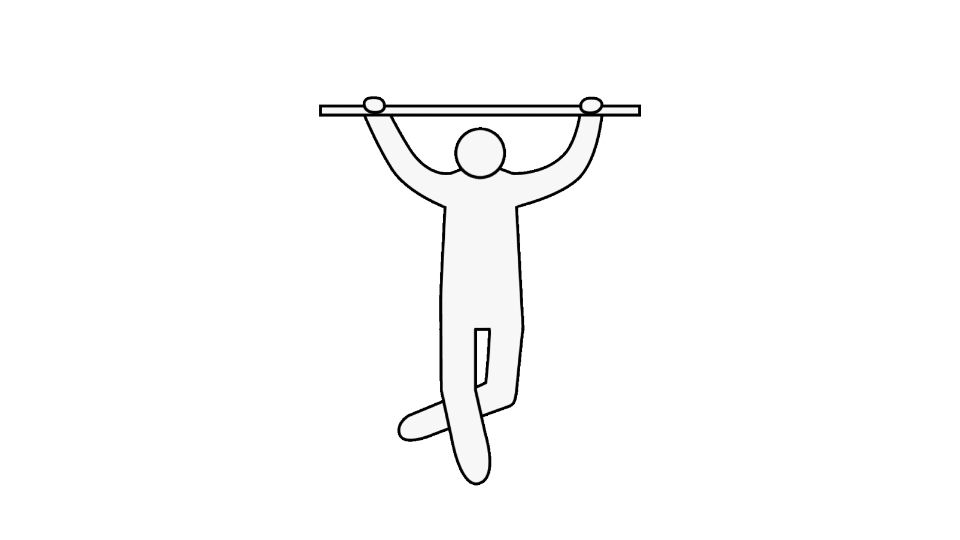
Short-term fitness goals are your 2-12 week victories that build momentum and confidence. They’re specific, measurable, and focused on behaviors you can control.
The next time someone asks “which is not a short-term fitness goal?” you’ll know to look for anything that:
- Takes many months or years to achieve
- Is too vague to measure
- Represents a major physical accomplishment
- Requires progressive training over an extended period
Remember – the path to impressive long-term transformations is paved with successful short-term goals. Start small, celebrate often, and keep stacking those wins!
Want more posts like this?Sign up for our FREE newsletter →
